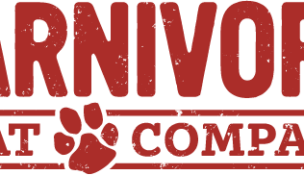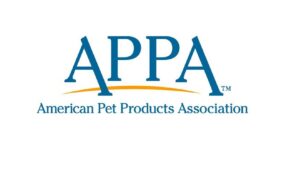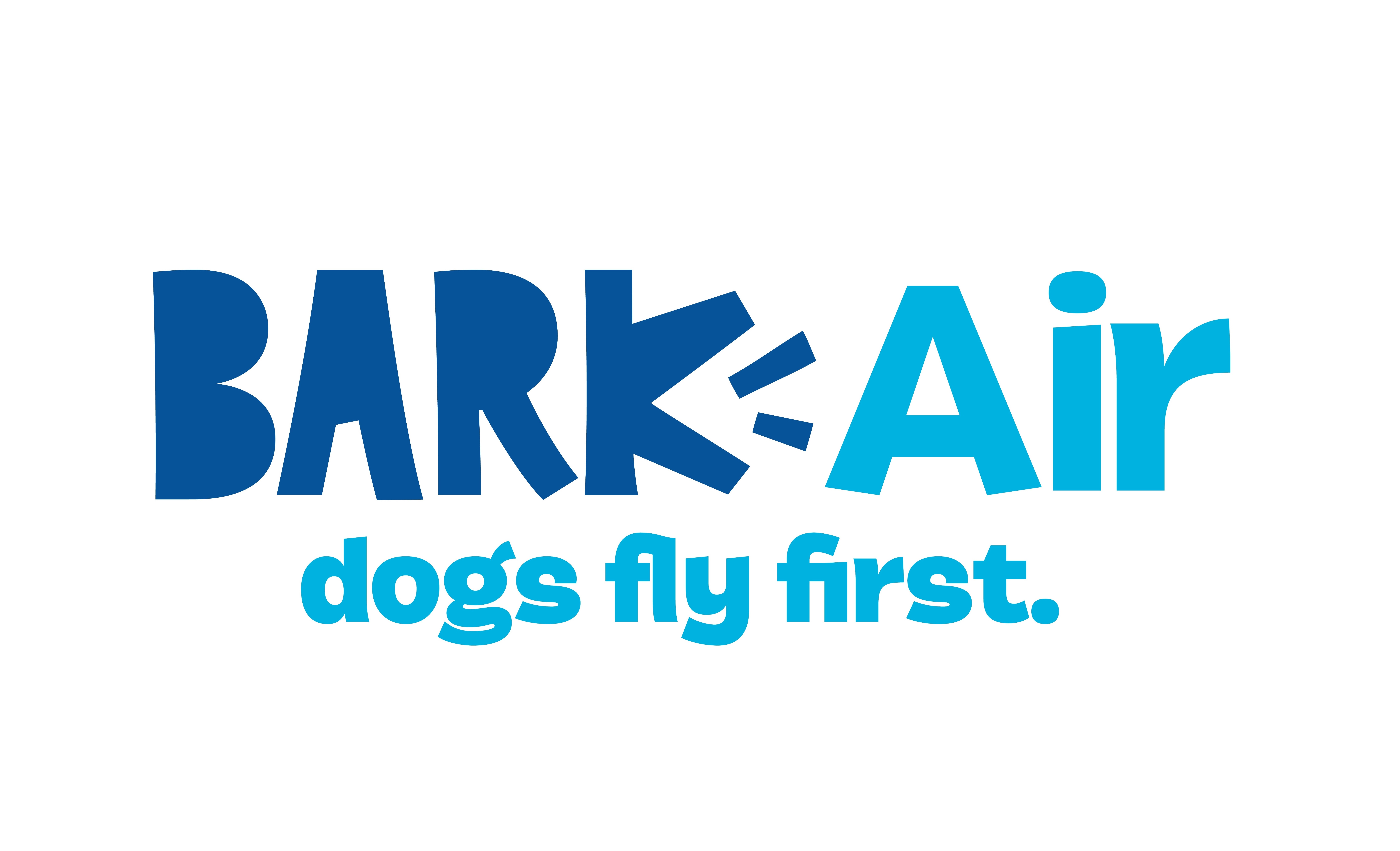Jaguar’s Canalevia Drug Product Eligible for Conditional Approval for the Indication of EID in Dogs
Pet Age Staff//September 22, 2017//
Jaguar’s Canalevia Drug Product Eligible for Conditional Approval for the Indication of EID in Dogs
Pet Age Staff //September 22, 2017//
Jaguar Health, Inc., a natural-products pharmaceuticals company focused on developing and commercializing novel, sustainably-derived gastrointestinal products for both human prescription use and veterinary use on a global basis, announced that the U.S. Food & Drug Administration’s Center for Veterinary Medicine (CVM) has indicated that the use of Canalevia for treatment of exercise-induced diarrhea (EID) in dogs qualifies as a “minor use,” per the requirements of The Minor Use and Minor Species Animal Health Act of 2004 (MUMS Act). This means that Canalevia is eligible for conditional approval for the indication of EID in dogs. Canalevia, Jaguar’s lead veterinary drug product candidate, is under investigation for treatment of various types of diarrhea in dogs. EID is a distinct physiological manifestation that has been recorded in dogs, humans and horses.
“EID is a common problem among working dogs, such as sled dogs and military dogs, when subjected to periods of intense, long-duration off-leash exercise,” explained Dr. Michael Guy, DVM, MS, PhD, Jaguar’s vice president and clinical veterinarian. “Several mammalian species that train for and run in competitive events can push themselves to extreme physical demands. At this highest level of physical exertion, secretory diarrhea is a common result, and the diarrhea can be debilitating enough to require medical attention and removal from competition or training. Diarrhea can have serious consequences for the canine athlete due to their high capacity for metabolic heat generation and reliance on evaporative cooling to dissipate heat.”
“The best-known examples of these incredible canine athletes are those that participate in the Iditarod sled dog race—The Last Great Race—across Alaska every March. Teams of up to 16 dogs mush over 1,000 miles across Alaska in only 8-10 days, and approximately 40 percent of these dogs will experience severe diarrhea,” Dr. Guy said.
The purpose of the MUMS Act is to encourage development and availability of animal drugs intended as a minor use in a major species (defined as dogs, cats, cattle, horses, chickens, turkeys and pigs) to treat diseases which occur infrequently or in limited geographic areas and to encourage development and availability of animal drugs for use in minor species (defined as all animals other than humans that are not one of the seven major species). MUMS designation is modeled on the orphan-drug designation for human drug development and offers possible financial incentives to encourage MUMS drug development, such as the availability of grants to help with the cost of developing the MUMS drug.
FDA established, and periodically reassesses, a specific “small number of animals” (defined as less than 1 percent of the total U.S. population of the specified species) for each of the seven major animal species in order to determine whether any particular intended use in a major species qualifies as a minor use. For dogs, this number is currently 70,000. Jaguar believes Canalevia will qualify for MUMS designation for EID because, in Jaguar’s estimate, the total number of dogs in the United States affected by EID on an annual basis is less than 70,000.
Jaguar has already received MUMS designation for Canalevia for use in dogs with chemotherapy-induced diarrhea (CID), which provides a possible opportunity to shorten the timeframe to commercialization for the CID indication. If Canalevia receives conditional approval for CID and EID in dogs, Jaguar expects to conduct the commercial launch of Canalevia for both indications in the first half of 2018.
Canalevia is a canine-specific formulation of crofelemer, an active pharmaceutical ingredient (API) isolated and purified from the Croton lechleri tree, which is sustainably harvested. Canalevia is the subject of a previously announced collaboration between Jaguar and Elanco US Inc. (Elanco), a wholly-owned subsidiary of Eli Lilly. Per the terms of the agreement between Jaguar and Elanco, the two companies will collaborate on the global development of Canalevia for treatment of acute diarrhea in dogs, as well as on co-promotion and commercialization of Canalevia for the proposed indication of acute diarrhea in dogs in the U.S. Jaguar has retained commercial responsibility for the proposed CID and EID indications of Canalevia in dogs.
“We believe there is an important unmet medical need for the treatment of CID and EID in dogs,” said Lisa Conte, Jaguar’s president and CEO. “We believe Canalevia is an ideal treatment for both indications because of its demonstrated novel anti-secretory mechanism of action. Canalevia acts locally in the gut and is minimally absorbed systemically. It does not alter gastrointestinal motility, has no significant effects on normally-functioning intestinal ion channels or the transport of electrolytes or fluids, and has no side effects different from placebo. With regard to CID, these features are further augmented by the lack of effects of Canalevia on the absorption and/or metabolism of co-administered chemotherapy drugs, orally or by other routes of administration. Canalevia acts by normalizing the flow of excess ions and water in the intestinal lumen. The flow of excess ions and water into the intestinal lumen is the last step common to the manifestation of acute diarrhea. As a result, we believe Canalevia may be effective in the treatment of acute diarrhea, regardless of cause, including CID and EID.”
To obtain conditional approval of a MUMS drug, the company must submit Chemistry, Manufacturing, and Controls (CMC) and safety data similar to that required for a new animal drug application (NADA) as well as data suggesting a reasonable expectation of effectiveness. After the submission and the review of the application, the FDA through the CVM can then grant a conditional approval (CA-1). This approval allows for commercialization of the product, while the sponsor continues to collect the substantial evidence of effectiveness required for a full NADA approval. A sponsor that gains approval or conditional approval for a MUMS-designated drug receives seven years of marketing exclusivity.
In June 2015 Jaguar completed a multi-site pilot safety study involving the anticipated commercial formulation of Canalevia for both CID and EID, and Jaguar expects to complete submission of all required major technical sections for the NADA for CID and EID to the FDA for phased review by the end of next month. Jaguar expects to receive FDA acknowledgment of the completion of all required technical sections in support of conditional approval of Canalevia in the first half of 2018 for CID and EID in dogs. With conditional approval under MUMS designation for Canalevia for use in dogs with EID, Jaguar would be required to initiate a pivotal field study in the five years following conditional approval to generate the data required for full NADA approval.



















